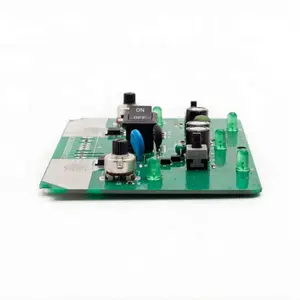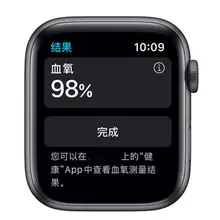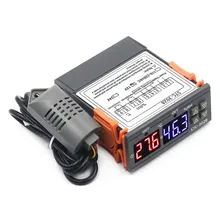Battery PCBA: An Overview
The term battery PCBA refers to the printed circuit board assembly (PCBA) that is integral to the functioning of battery systems. This component is crucial in managing the power and efficiency of batteries, particularly in rechargeable battery setups. The assembly includes a combination of electronic components mounted on a PCB (printed circuit board) to form a functional battery management system (BMS) or a power circuit for batteries.
Types and Applications
Battery PCBAs come in various forms, such as bms pcb board, pcb lithium battery, and pcb rechargeable batteries. Each type serves a specific function, from managing the charging and discharging cycles of lithium-ion batteries to ensuring the longevity and safety of rechargeable battery packs. The applications of these PCBAs are extensive, ranging from small-scale electronic devices to large-scale energy storage and communication systems.
Features and Materials
A battery PCBA typically features a robust design to withstand the rigors of its application. It may include a variety of materials, such as copper for conductive pathways and high-grade electronic components for efficient performance. The surface finish of a battery PCBA, such as HASL (Hot Air Solder Leveling), is selected based on its durability and conductivity requirements.
Advantages of Battery PCBA Technology
The use of a battery PCBA in a battery system offers several advantages. It ensures precise control over the battery's operations, enhances the safety of the battery by preventing overcharging or deep discharge, and can significantly extend the battery's service life. Moreover, the integration of a PCBA into a battery pack, known as a battery pack pcb, streamlines the power management process, making it more efficient.
Customization and Manufacturing
Manufacturers offer various customization options for battery PCBAs, catering to the specific needs of different electronic devices. Whether it is for a battery pcb board or a li ion pcb, the design can be tailored to meet the exact specifications required for the application. This includes options for factory, ODM, and OEM/ODM services, allowing for a wide range of electronic device integrations.
Choosing the Right Battery PCBA
Selecting the appropriate battery PCBA is critical for the optimal performance of any battery-powered device. Factors to consider include the type of battery, the required power management features, and the specific application the battery will be used for. A bms pcm pcb might be suitable for high-capacity battery systems, while a simpler PCBA could suffice for smaller devices.










































 浙公网安备 33010002000092号
浙公网安备 33010002000092号 浙B2-20120091-4
浙B2-20120091-4